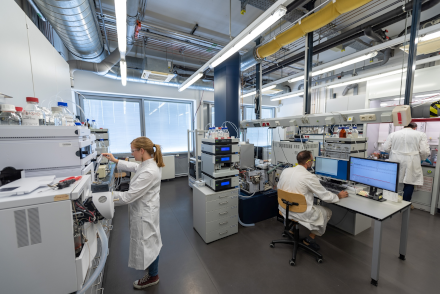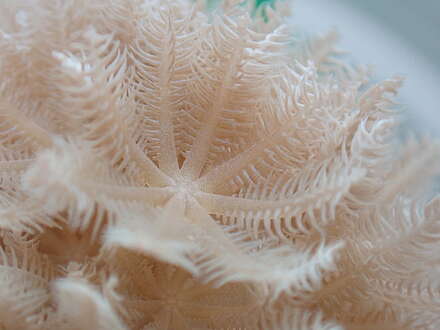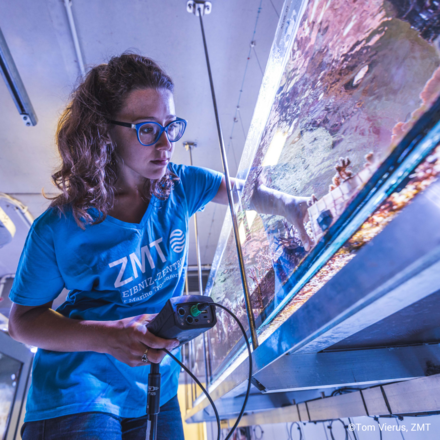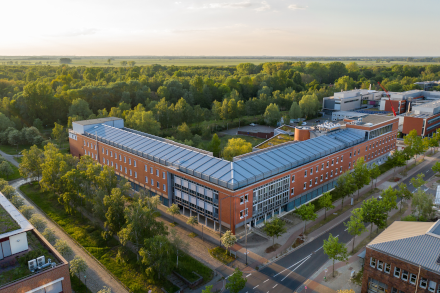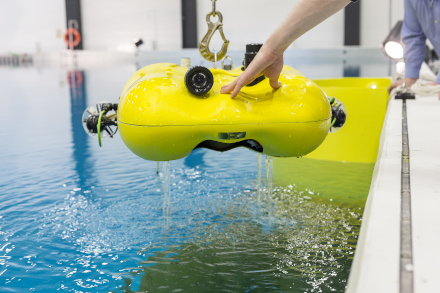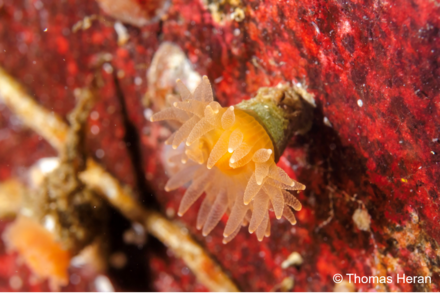MARUM – Center for Marine Environmental Sciences
& IODP core repository
Journey down to the ocean floor
MARUM produces fundamental scientific knowledge about the role of the ocean and the ocean floor in the total Earth system. The dynamics of the ocean and the ocean floor significantly impact the entire Earth system through the interaction of geological, physical, biological and chemical processes. These influence both the climate and the global carbon cycle, and create unique biological systems. Come with us on a journey down to the ocean floor and discover the secrets of the deep sea. In our deep-sea cinema we show videos taken by our diving robot at several thousand meters of water depth. A tour through MARUM will give you an overview on deep-sea technologies such as the MARUM-MeBo sea floor drill rig or the remotely operated diving robot MARUM-QUEST. Only the use of these underwater technologies enables research work at MARUM. MARUM is also home of the Bremen core repository of the International Ocean Discovery Program (IODP) where more than 155 kilometres of cores from the ocean floor are stored.
